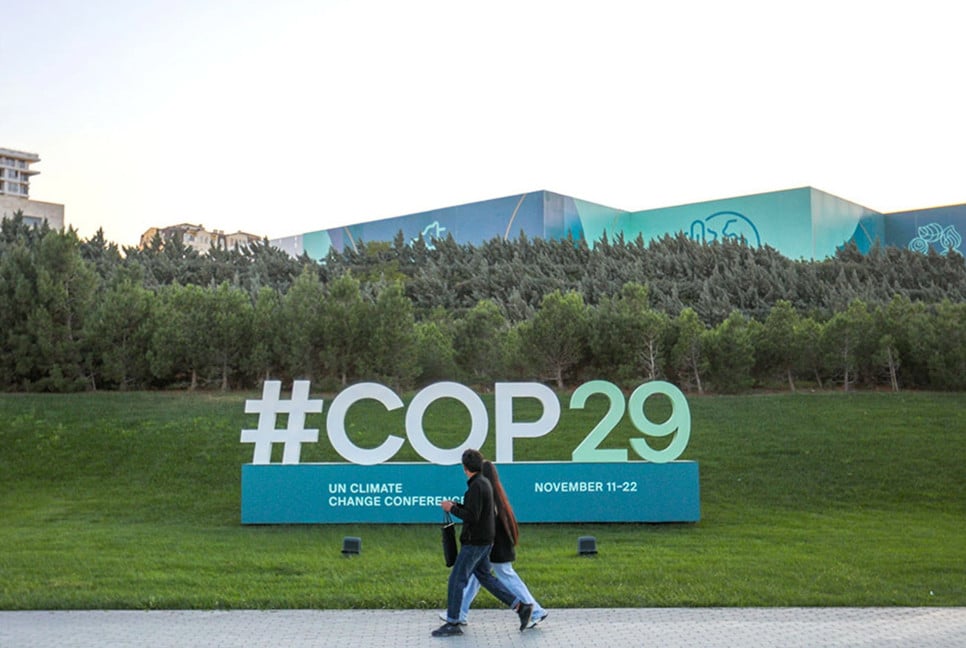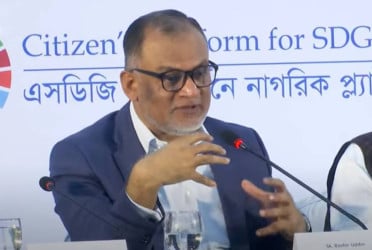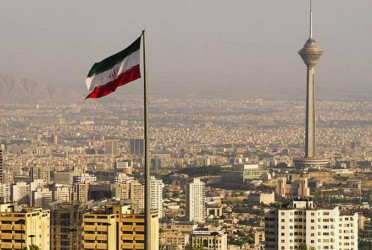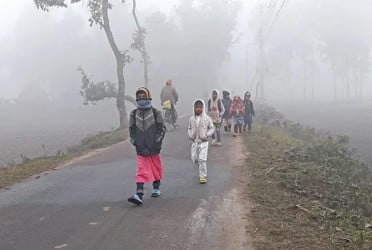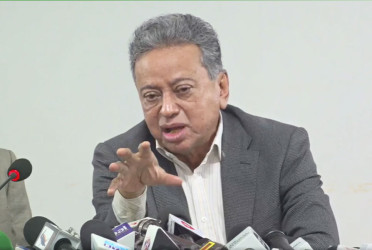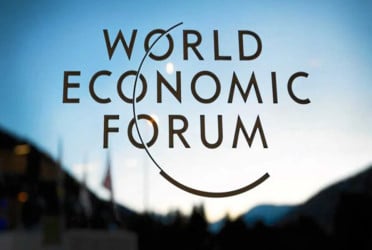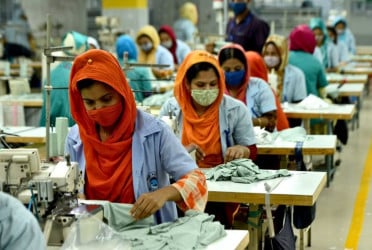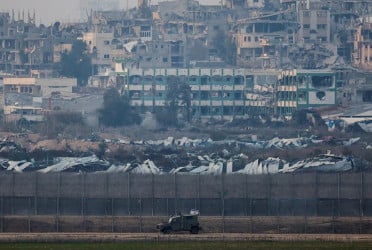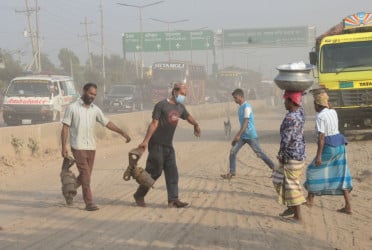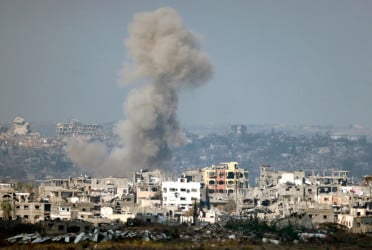The report collects the latest insights from physical and social science to inform the negotiations at the UN climate summit in Azerbaijan, reports The Guardian.
“The world faces planetary-scale challenges, from the rise of methane emissions to the vulnerability of critical infrastructure,” said Prof Johan Rockström, a co-chair of Earth League, one of the groups behind the report.
“The report shows that rising heat, ocean instability and a tipping of the Amazon rainforest could push parts of our planet beyond habitable limits. Yet it also provides clear pathways and solutions, demonstrating that with urgent, decisive action, we still can avoid unmanageable outcomes.”
The report follows an ultimatum from UN Secretary-General António Guterres on the climate emergency: “We’re playing with fire, but there can be no more playing for time. We’re out of time.” He said global heating was supercharging monster hurricanes, bringing biblical floods and turning forests into tinderboxes, and said governments had to rapidly wean the world off its fossil fuel addiction.
Increasing climate extremes are causing more lost babies, premature births and cognitive damage to newborns, the report said. For example, a study in India found a doubled risk of miscarriage in pregnant women suffering heat stress, while another in California found a significant association between long-term heat exposure and stillbirth and premature birth.
Flooding is responsible for more than 1,00,000 lost pregnancies a year in 33 countries in South and Central America, Asia, and Africa, according to another study, with the danger highest for women with lower income and education levels.
Rising heat also increases the intimate partner violence suffered by women, a South Asian analysis found.
However, only 27 out of 119 national climate plans submitted to the UN include action related to mothers and newborns, making this a major “blind spot”, the report said.
“Preparedness for heat extremes, including early warning systems, must be a priority,” she said. “Without action, the consequences could be catastrophic.” The report cites a recent analysis that found global heating would drive billions of people out of the “climate niche” of habitable temperatures in which humanity has flourished for millennia.
Fossil fuel emissions are still rising, heating the land and oceans to record highs in the last year, the report said. This heating appears to be making El Niño events more intense, it said, with the impacts potentially causing damage of $100tn by the end of the century.
The report also cites rapidly rising levels of methane, a potent greenhouse gas, as an urgent issue for COP29. It said cost-effective solutions existed to stop the leaks from fossil fuel exploitation, but the enforceable policy was largely missing.
The key goal of the COP29 summit is to agree on a new target for the finance available to countries to cut emissions and to deal with the ever-growing damage caused by global heating, with many nations calling for a goal of $1tn a year.
Bd-pratidin English/ Fariha Nowshin Chinika

